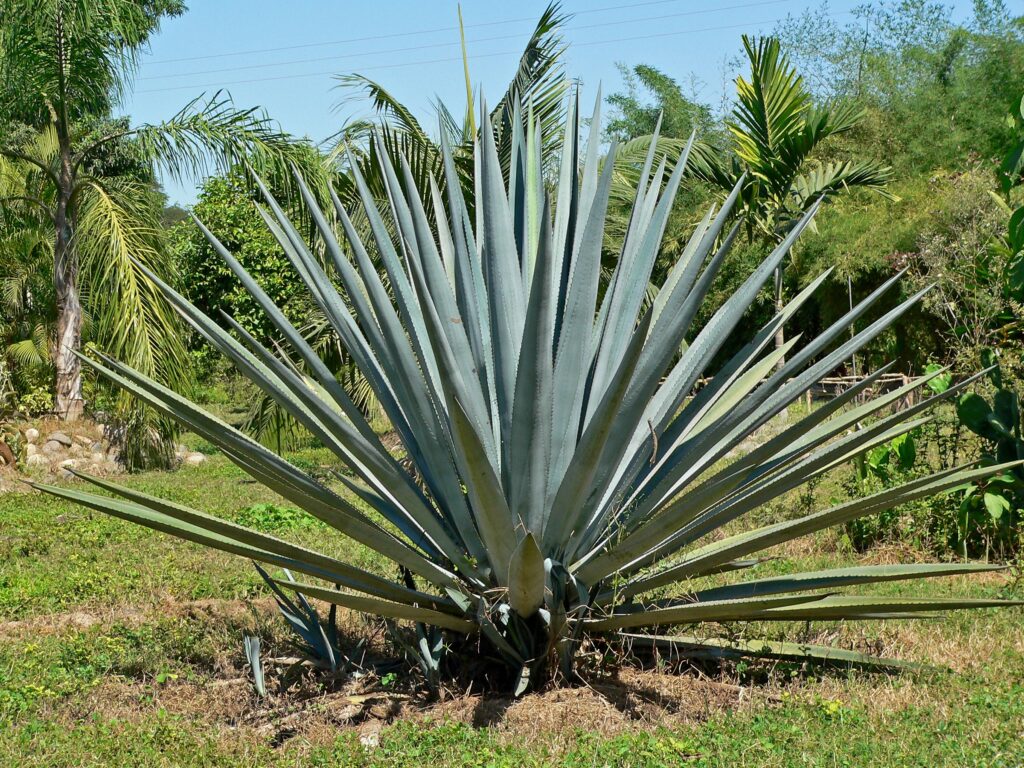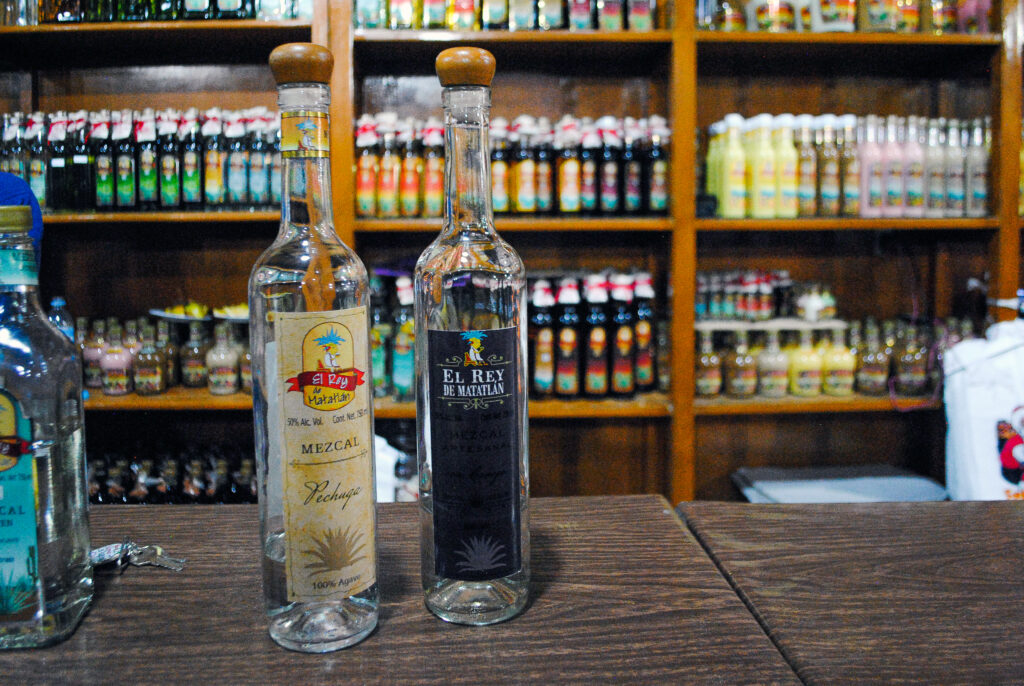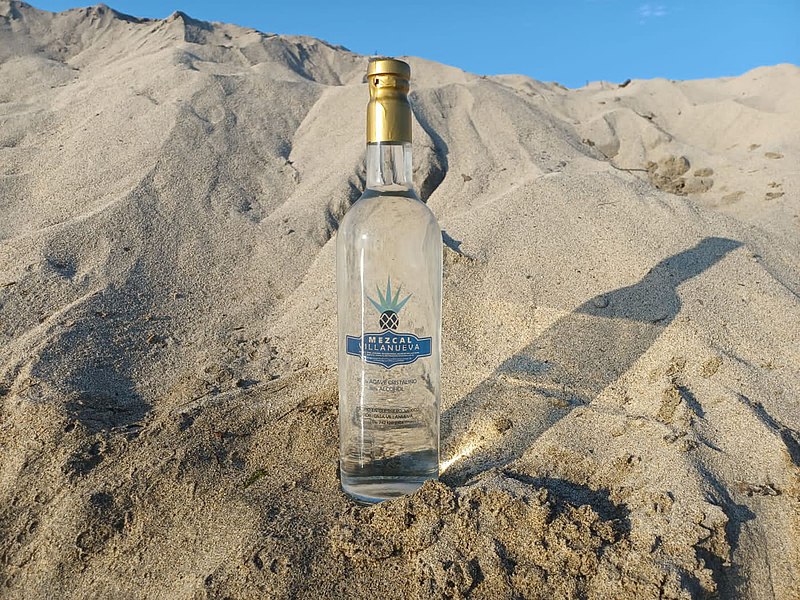Mezcal is one of the fastest-rising drinks in terms of popularity and has captivated the palates of different spirits enthusiasts all over the world. Often compared to tequila. Mezcal originates from Mexico. It stands apart from its counterparts due to its unique taste and interesting charm. So, let’s look at what we know about the basics of Mezcal.
Where it Comes From
Mezcal is a drink that originates from the agave-rich country of Mexico, where the locals have been crafting this unique beverage for hundreds of years. Mezcal is a drink that comes from harvesting the agave plant and cooking its core in underground pits or above-ground ovens. After that, the crushed agave is fermented and distilled into this fine artisanal liquid. The traditional method of making mezcal is what gives it its appealing smoky flavor, making it different compared to other agave-based spirits.

The majority of mezcal production takes place in Oaxaca, Guerrero, Durango, San Luis Potosí, Zacatecas, and Tamaulipas. There is a deep connection between this spirit and Mexican culture due to how its production is often regarded as a cultural form of art that should be passed down from one generation to another.
Why It’s Popular
One of the things that some spirits enthusiasts may have noticed is that mezcal has risen in popularity in recent years. A key element in the increasing popularity of mezcal is that different agave species can be used in its production, giving people a wide variety of flavor profiles, depending on the type of agave used. Each mezcal carries the unique flavor that comes with the different species of agave plant and the methods that were used to distill it.
Another factor that makes it so popular is that it has a distinct smoky flavor that gives it a signature flavor that lovers of artisanal spirits love. Small-batch production methods allow mezcal to have an artisanal appeal that gives it character and depth, making it quite appealing to enthusiasts all over the world. It has become a favorite among mixologists because of how it gives a unique profile to different cocktails.
Most Popular Mezcal Brands

Del Maguey: Del Maguey is one of the most respected mezcal brands in the industry and is known for its artisanal mezcals.
Montelobos: Montelobos is one of the best mezcal brands when it comes to organic and sustainable mezcal production.
Mezcal Vago: Vago is known for collaborating with different mezcal breweries to produce a wide range of mezcals.
Ilegal Mezcal: llegal Mezcal is known for having complex and smokey flavor profiles that has become popular in America and different parts of the world.
Alipús: Alipús offers a wide variety of different mezcals that showcase the diverse flavors that come from different regions of mezcal breweries.
Los Nahuales: Known for its artisanal mezcals that use traditional methods, Los Nahuales is a brand that is committed to high-quality mezcals that are popular among connoisseurs.
Pierde Almas: Pierde Almas commits itself to using traditional methods of mezcal production and in sustainable means that allow it to become recognized in the market.
Wahaka Mezcal: Wahaka Mezcal is known for traditional brewing methods that it has preserved for generations, making it popular among enthusiast.
Marca Negra: This brand of mezcal produces small batches that are able to meet strict standards when it comes to quality and excellence.
Agave Varieties Used for Mezcal
Agave Espadín: The most widely cultivated species of agave used for mezcal is Agave Espadin. It has a short maturation period that makes it popular for commercial production.
Agave Tobalá: Tobalá is a smaller species of agave that can be found in the wild. It is a premium type of agave that gives unique and complex fruity notes and flavor to mezcal.
Agave Tobaziche: Tobaziche is similar to Tobalá in the sense that it is also a wild agave with a very distinct taste that can be herbal and spicy when used to make mezcal.
Agave Arroqueňo: As one of the largest species of Agave, Arroqueňo is known for having a long maturation period, making it one of the more uncommon plants used for mezcal. But it gives mezcal a robust and earthy flavor profile.
Agave Madrecuixe: Known for being smaller in size, this wild agave plant gives mezcal a lighter and simpler flavor that is easier on the tongue than most other varieties.
Agave Barril: Unlike other species of agave, Barril comes with a cylindrical shape. Mezcals made from Barril tend to have fruity and earthy flavors.
Agave Jabalí: Jabalí agave plants tend to have the spikiest leaves. These plants also give mezcals herby and citrusy flavors.
Agave Tepeztate: Tepeztate is a wild agave that tends to be quite rare due to its long maturation period. Mezcals made from this variety are rare and have earthy and smoky flavor profiles that are complex and more unique compared to other mezcal varieties.
Other Interesting Facts About Mezcal
- Mezcal can be made from over 30 different types or subspecies of agave plants. Each type of plant has a unique flavor profile.
- Like champagne and scotch, mezcal has a denomination of origin stats, which means that it has to be produced in specific regions of Mexico.
- Mezcal is usually produced using traditional methods that include roasting the agave hearts in underground pits with hot rocks and covered with agave leaves. This traditional process allows the mezcal to have its smoky flavor.
- It takes time for an agave plant to mature before it is ready for harvest. The maturation process varies, depending on the type of agave plant. In some cases, a plant needs to mature for decades before it can be harvested.
- Not all mezcals contain a worm. The practice of placing a worm is a marketing gimmick that isn’t part of the traditional production method.
- Unlike a lot of spirits, mezcal shouldn’t be drinking using shots. Instead, connoisseurs prefer sipping it slowly to be able to experience the complex flavors that come with high-quality mezcals.
- Mezcal is quite versatile and can be used in a wide variety of different cocktails, including margaritas and the more complex conconctions.
- In most cases, mezcal production is sustainable and organic to make sure that these plants are harvested responsibly.
- Mezcal is important to Mexican culture and traditions, having been produced for centuries. The different production methods involved with mezcal highlight the uniqueness and traditions of the region it comes from.
- Mezcals can have a wide range of different flavors, including smoky, earthy, floral, and even mineral notes.



